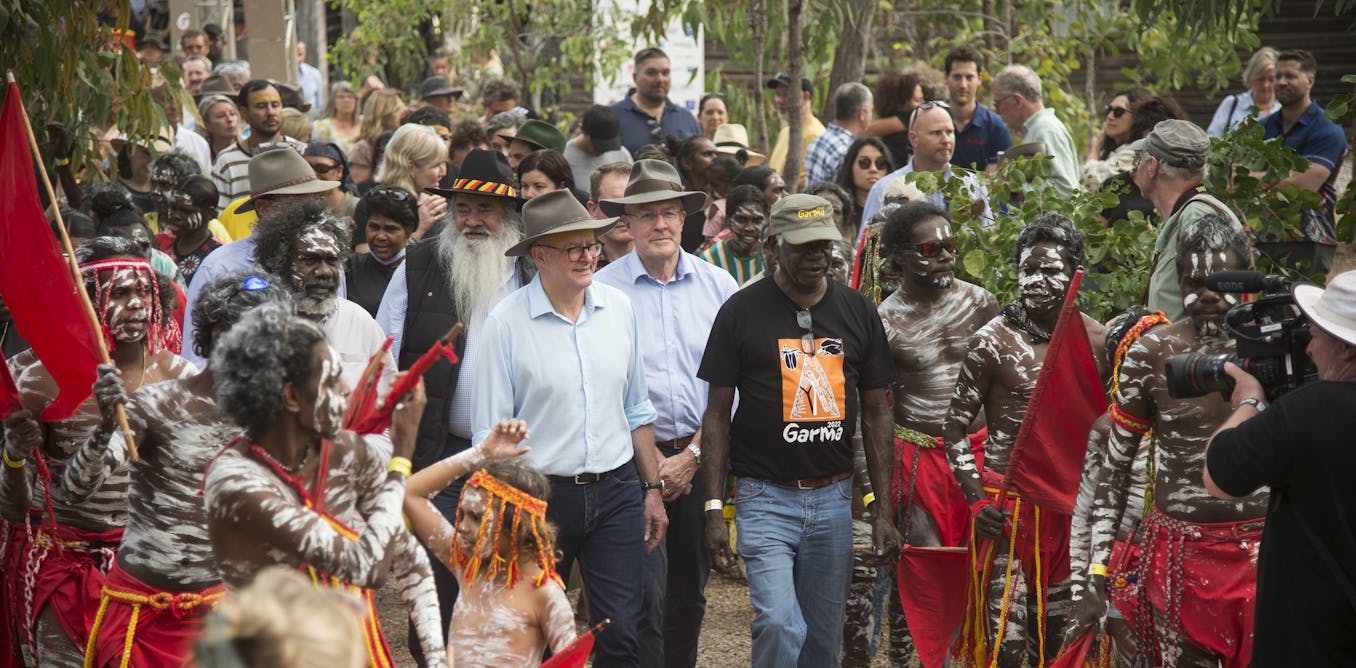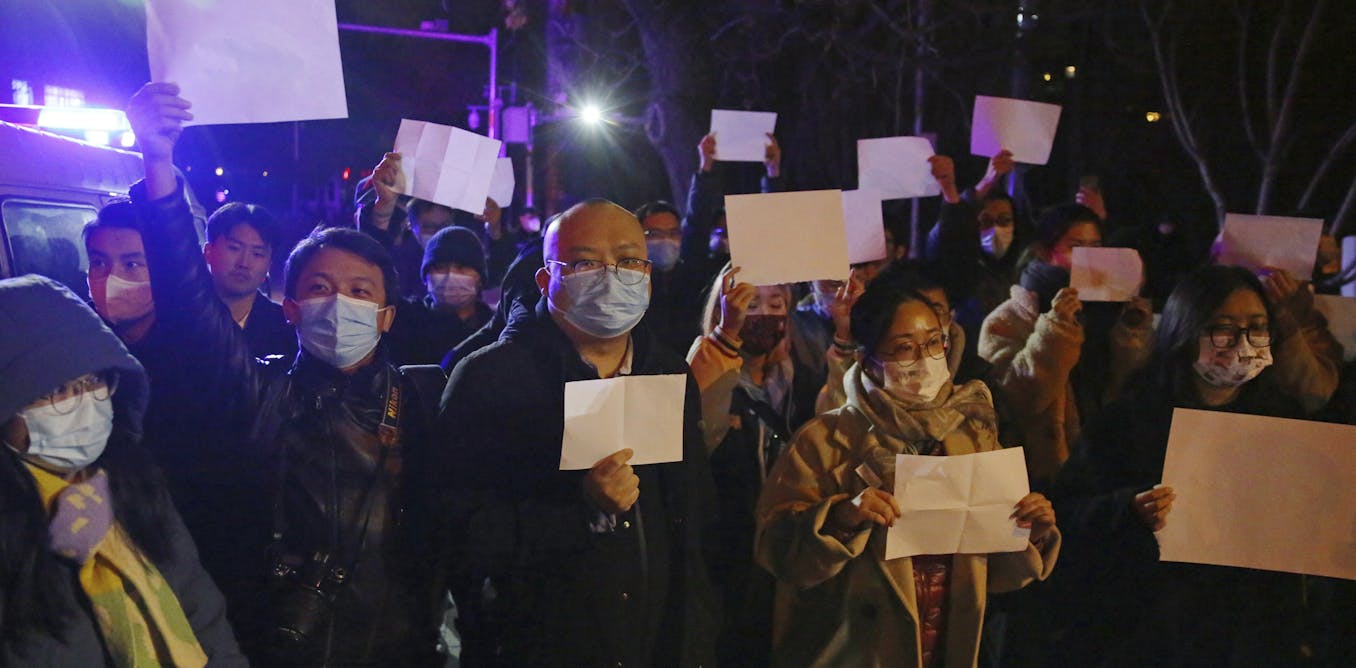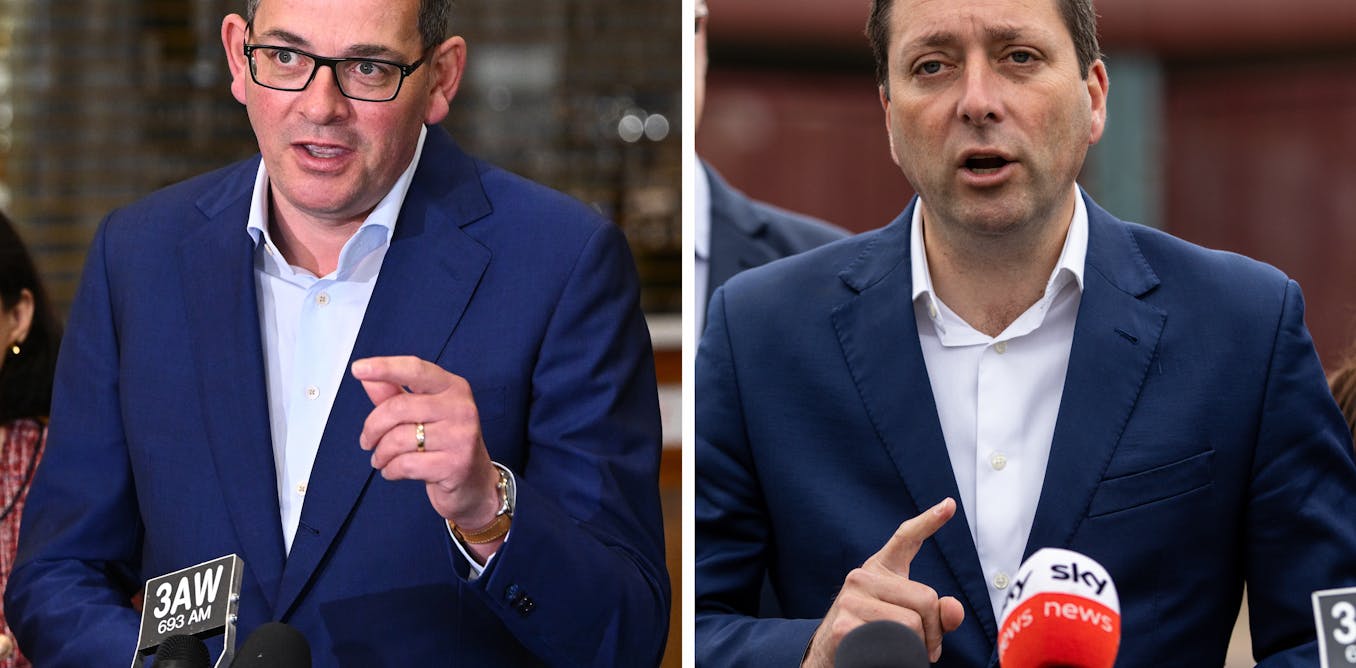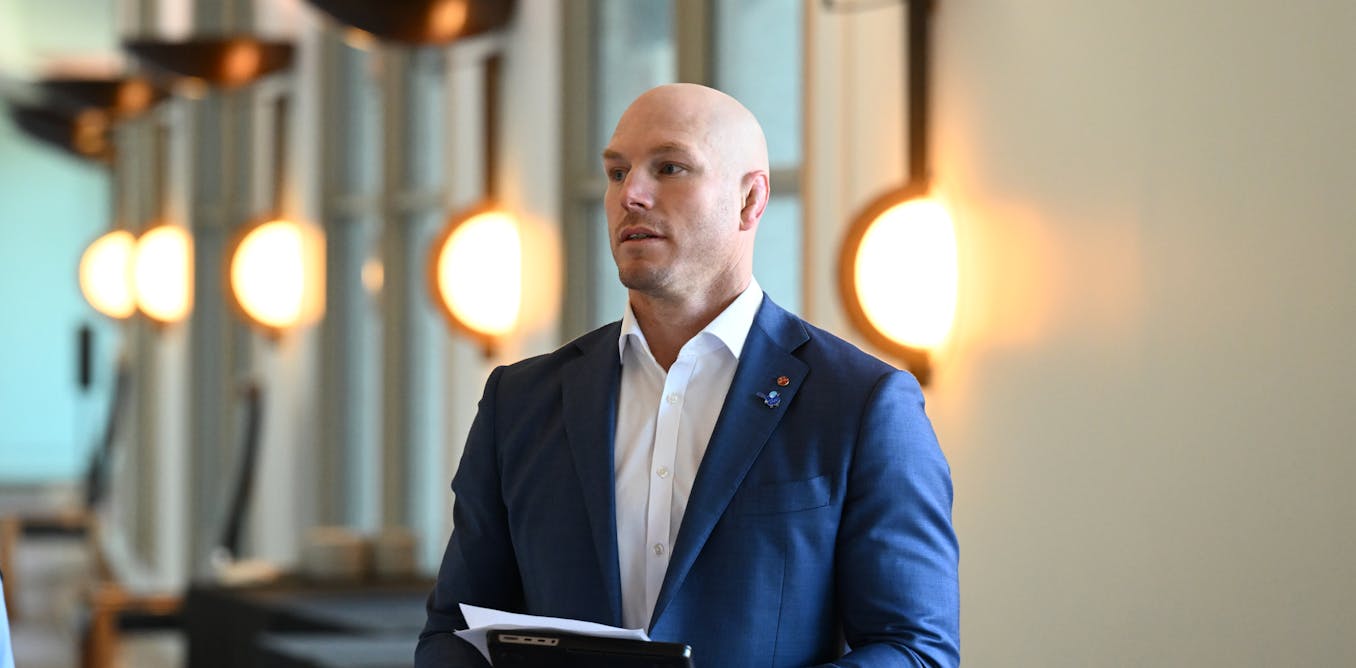With 53% counted in the lower house for the Victorian election, the ABC is calling 51 of the 88 seats for Labor, a clear majority. The Coalition has 23, the Greens five and nine seats remain in doubt.
Despite the easy seat win for Labor, their statewide primary vote is currently down 6.0% from the 2018 election to 36.9%, with the Coalition down 0.2% to 35.0%. The Greens up 1.0% to 11.6% and all Others up 5.2% to 16.5%.
The ABC’s estimate is that Labor is currently winning the statewide two party vote by 54.2-45.8 over the Coalition, a 3.4% swing to the Coalition. If this result holds, it would be in very good agreement with the final pre-election Newspoll that gave Labor a 54.5-45.5 lead.
Despite the overall swing to the Coalition, the ABC is currently showing Labor gaining four seats from the Coalition (Bayswater, Glen Waverley, Hastings and Polwarth) against three losses to the Coalition (Morwell, Nepean and Pakenham). The Greens are gaining Richmond and Northcote from Labor, while the Coalition gains Mildura and Shepparton from independents.
The Greens gained the inner Melbourne seats of Richmond and Northcote from Labor, and are some chance of also winning Footscray, Pascoe Vale and Preston. However, although they currently lead the two candidate vote in Albert Park, they will finish third behind the Liberals, and Labor will easily retain against the Liberals.
This was a dreadful performance by the Coalition against a Labor government that has been in power for eight years, especially given the federal change of government in May should have assisted the state Coalition.
The final Newspoll’s leaders’ ratings are telling. While Labor Premier Daniel Andrews’ net approval was down nine points to -2, he was still far more popular than Liberal leader Matthew Guy, whose net approval was also down five points to -25.
Read more:
Final Victorian Newspoll gives Labor a large lead
By campaigning so much on antipathy to Andrews, the Coalition damaged its own brand. I believe it would have been better for the Coalition to campaign more on issues that hurt incumbent governments, like cost of living and inflation. In a Resolve poll for The Age, 27% said cost of living was the most important issue, with health and the environment tied on 12%.
This article will be updated tomorrow morning with more results, including the upper house.





